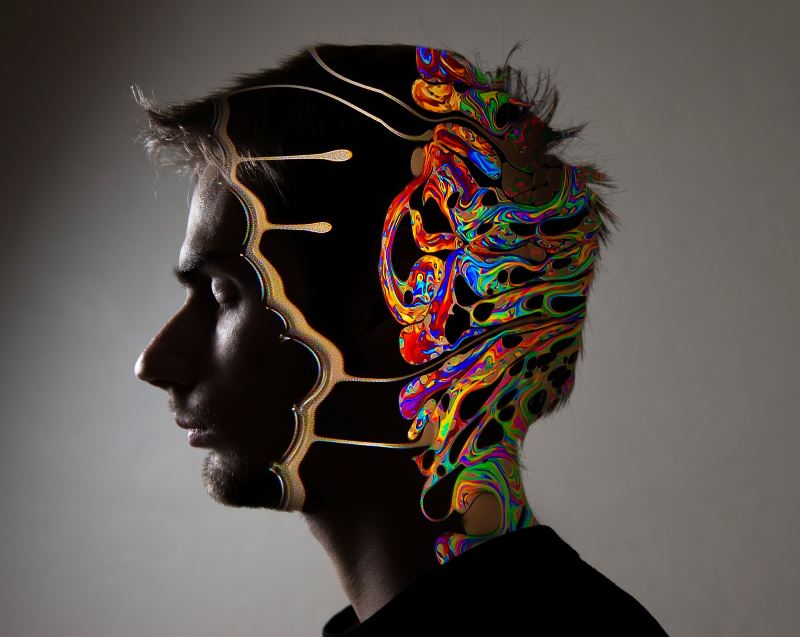
The psychoactive drug seems to help in combating the fear of impending death associated with a terminal illness.
An incurable disease sooner or later makes the person face the fact of premature and inevitable (and possibly quite painful) death. This serious psychological problem should be solved, but it is clear that psychological means are not enough, and some medication that would increase the effectiveness of psychotherapy is needed.
In such cases, the use of psychoactive narcotic medications is often recommended, despite the fact that it is not always justified by experimental scientific research.
If we take, for example, LSD, only now scientists have come to check its properties as an anti-depressant medication. Prior to that, the psychotherapeutic properties of the psychedelic drug were not studied at all, since the researchers tried to figure out only whether it harms health or not.
For the last time, LSD was tested for depression, caused by incurable diseases, already in 1960, until the United States outlawed the substance in 1966.
The current study, conducted by Rudolf Brenneisen of the University of Bern and his colleagues from Switzerland and the United States, involved 12 ill patients for whom the prospect of imminent death was more than real. None of them ever tried LSD.
Eight patients were given a dose of psychoactive drugs, and the other four were subjected to the so-called active placebo effect and were given a much smaller portion of LSD. The participants took the drug under the supervision of doctors, in a calm and pleasant environment.
As the researchers write in the Journal of Nervous and Medical Disease, a reduced dose of LSD, which should not cause any psychoactive effect, only increased depression and anxiety in patients. But the regular portion of LSD caused a characteristic experience, at the same time helping to cope with fear.
Moreover, the patients felt relief from dark thoughts not only during the hours when they were under the effect of the substance. According to the scientists, the fear relieving effect lasted for at least a year. On average, depressive symptoms in patients weakened by 20%.
Although this is a preliminary study and greater statistics are needed to confirm the results, we may hope that terminally ill patients will soon be able to live out the remaining months without constant depression.